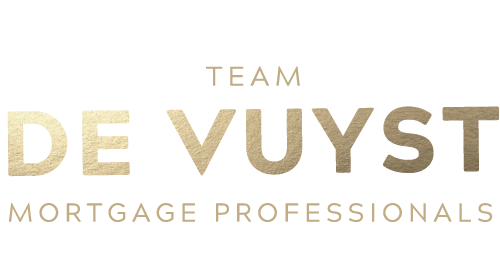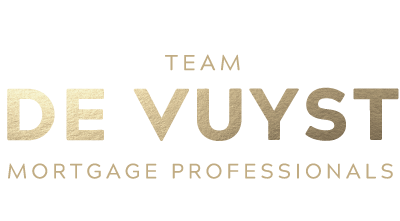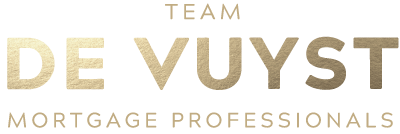Market Analysis – January 2020
Market Outlook
I wanted to take this time to provide an update on the year that was and the decade that is to come. 2019 overall was a slow year, not only growth, but sales activity. We saw below average home sales activity and moderate price declines throughout 2019 as most of us have seen on our recent property tax assessments. The GVRD saw a -18.2% drop in property values across all types of homes, while Squamish, Whistler, and Pemberton saw no change or an increase in values.
Heading into 2020 MLS is predicting a rise in sales of 3.6% over 2019, which was overall a slow year. Through the economic slowdowns currently happening in China, and other areas of the world this could potentially continue throughout 2020, where may see a further decrease in sales activity and value.
As we look at the mortgage industry as a whole, we have gone through some major disruptions over the past two years. The implementing of the mortgage stress test was a major factor in declining sales activity as well as a sore spot for many first-time buyers. This coming year however, the Finance Minister of Canada has said they will look to make the mortgage stress test “more fluid”. We may start to see changes in the qualification rates, i.e. going back to contract rate qualification (approximately 2% lower). We could also see the introduction of a 30-year amortization for high ratio insured mortgages (up from the current 25 years). This would open the gates and allow homebuyers to qualify for a higher purchase price, which we all know Vancouver has.
We are seeing rents increasing at an alarming rate, while prices of homes have fallen, this looks good for investors looking to increase their property portfolio.

Financial Focus
My suggestion, as we start a new decade, is to revisit your financial situation. BC has lost over $90 billion in home values over the past year. This is quite alarming as Canadians largest financial asset loses value, and Canadians debt level remains at all time highs.
If you have a mortgage coming up in 2020 or 2021 or you have a variable rate sitting above the discount of prime -0.30% to -0.50%, give us a call for a market update today.
I would also recommend that if you have any outstanding consumer debt, we look at all options to reduce this burden going into 2020 as we don’t know what the world economy has in store in an ever increasingly unstable global outlook.
For investors looking to refinance their home and purchase a second property, there is no better time than now as values of homes are decreasing. If you’re needing to refinance your own home, it would be prudent to look at these options.
Please contact me directly at 604-512-5552 or email me at james@devuyst.ca for your personalized homeowner analysis today!
James De Vuyst, BComm
RECENT POSTS








